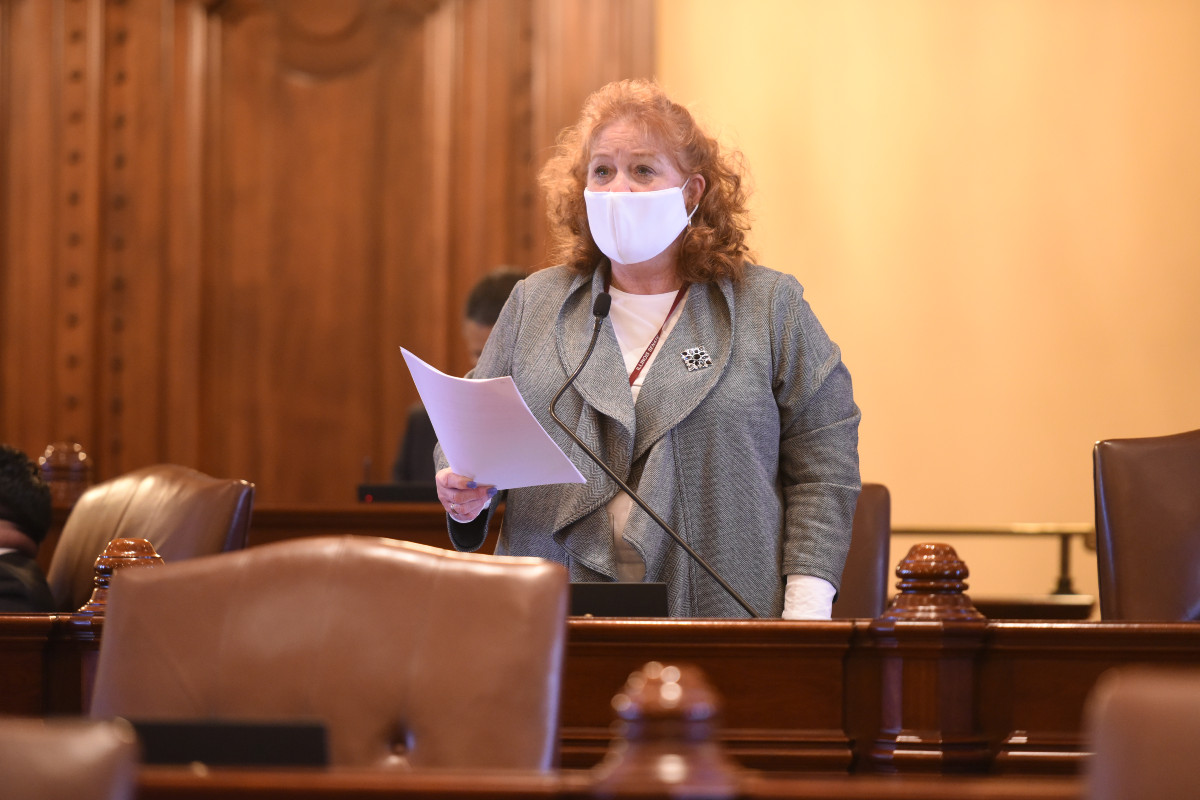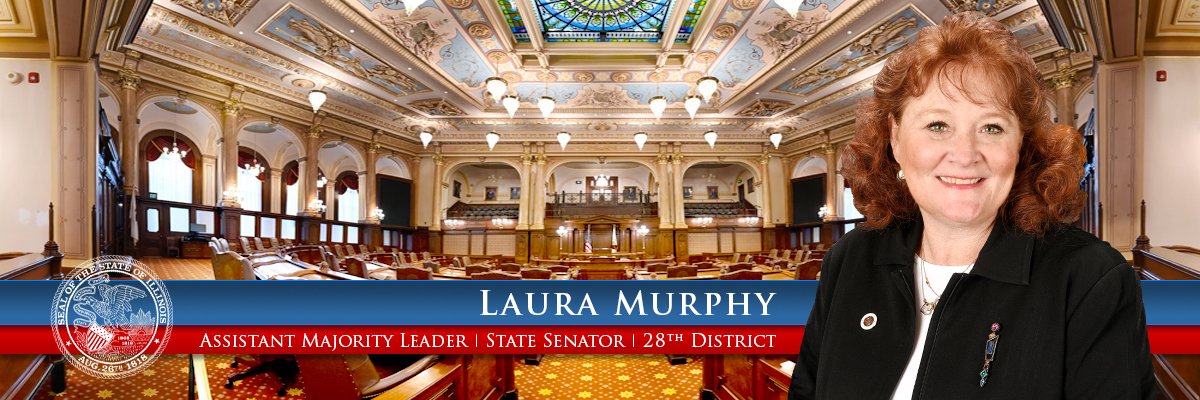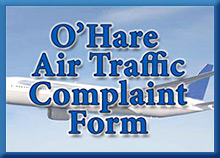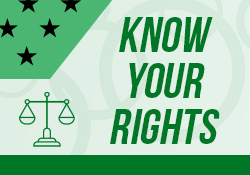 SPRINGFIELD – In response to the rise of car thefts across the state, State Senator Laura Murphy supported a legislative package to give law enforcement more tools to reduce carjackings that was signed into law Thursday.
SPRINGFIELD – In response to the rise of car thefts across the state, State Senator Laura Murphy supported a legislative package to give law enforcement more tools to reduce carjackings that was signed into law Thursday.
“The rising rates of car theft need to be addressed to protect motorists and families on the roadways,” said Murphy (D-Des Plaines). “These new laws make it easier for law enforcement to effectively respond to car theft, and ensure victims of these crimes aren’t responsible for associated fines and fees.”
In Illinois, there has been a 13% increase in car thefts from 2019-2020 alone—with new technology being a major factor. House Bill 601 expands the legal definition of “burglary tools” to include modern technologies used to steal cars, such as devices that unlock or start vehicles without a key and devices that duplicate a signal from a key fob. This makes the process of bringing car thieves who utilize this technology to justice more straightforward for police and prosecutors.
House Bill 3699 provides grants to offer financial support to federal and state agencies, local governments, and neighborhood organizations for law enforcement to identify and prosecute vehicle hijackers. In addition, House Bill 3699 helps ensure victims of carjacking do not have to pay any red-light camera or speed camera violations when their car is stolen and being used by someone else, as well as any towing fees, parking tickets, or toll payments. Murphy hopes these measures will bring residents more peace of mind following the rise of reported carjackings.
“Having your car stolen is a massive financial and emotional burden for people to face—and can be even more frustrating if the victims are being charged for speeding tickets from the stolen car,” Murphy said. “With these laws, victims will not have to pay for a thief’s ticket, and are more likely to have their car returned with more investment into tools for law enforcement to identify vehicle hijackers. I am in strong support of these laws.”
HB 601, HB 3699, and HB 3772 were signed into law May 26, 2022. All three take effect Jan. 1, 2023.







